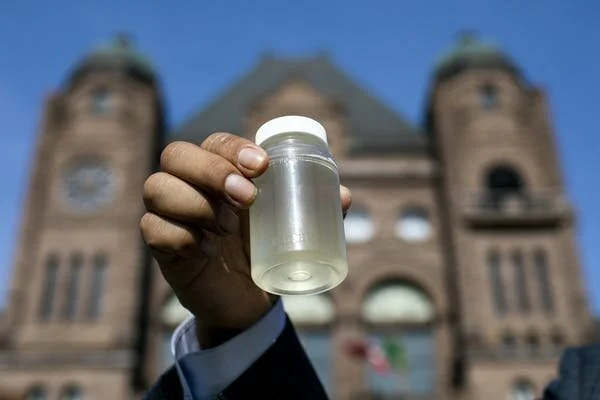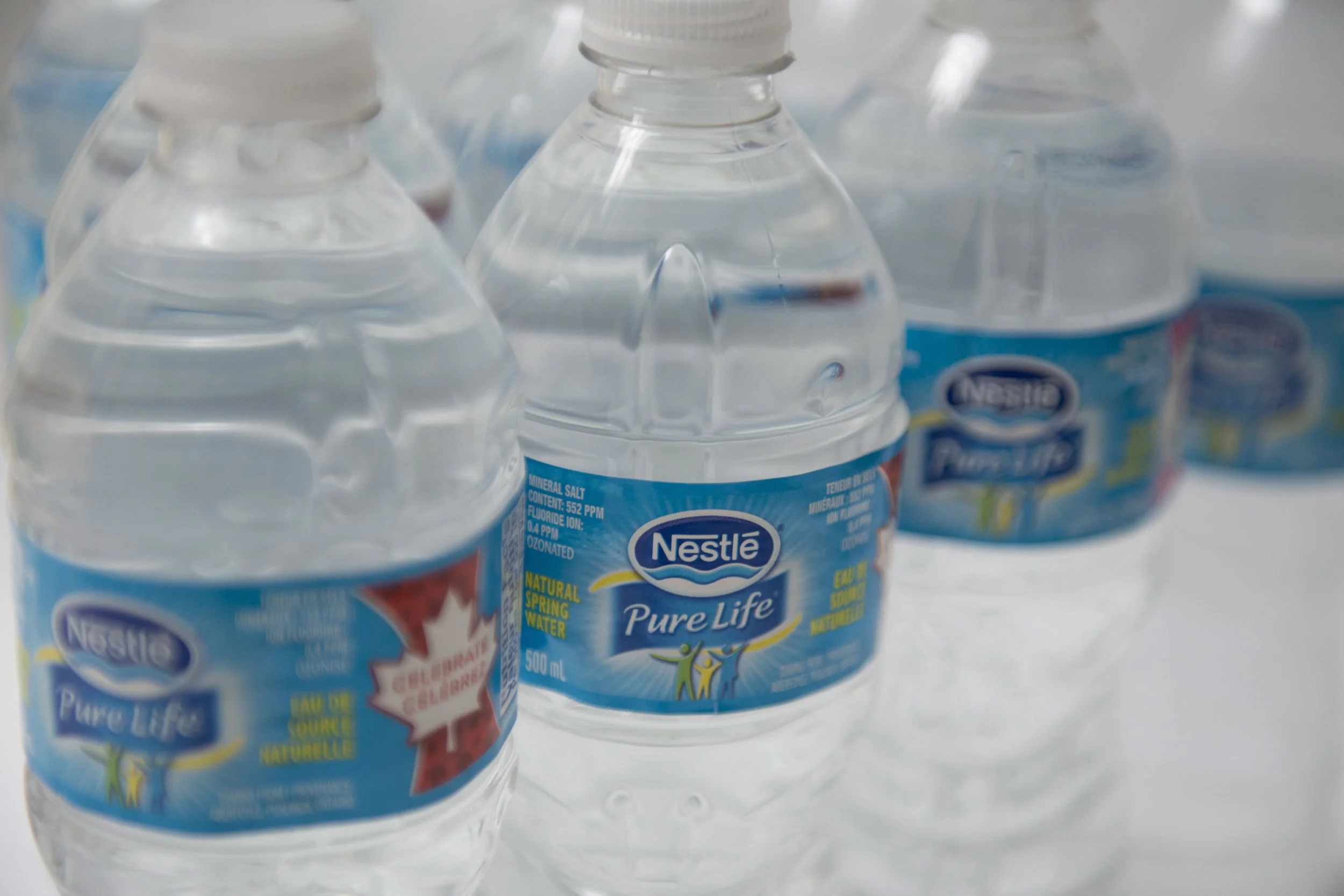A study published in Nature Geoscience provides six ways to address nitrogen pollution which can impact our water quality for decades. Although nitrogen fertilisers are critical for growing crops to feed the world, when used in excess they can pollute our water long term, researchers say. A study entitled ‘Managing nitrogen legacies to accelerate water quality improvement’ provides six steps to address nitrogen pollution and improve water quality. The work carried out by the University of Waterloo in Canada provides a roadmap for scientists, policymakers and the public to overcome the challenges associated.
How COVID-19 could be leaving its imprint on Canada's lakes, rivers and streams
The COVID-19 pandemic appears to have changed air quality in Canada for the better. In our most populated cities, research shows stay-at-home orders and travel restrictions have resulted in significantly lower levels of fossil fuel consumption, vehicle emissions and greenhouse gases than were seen in recent years before the pandemic. The decrease in travel across Canada and worldwide has also reduced pressure on sensitive tourist sites. In our lakes, rivers, ponds and streams, though, a different story is unfolding.
Ready to vote again on water fluoridation? Calgary to hold 7th plebiscite on issue
Calgary will hold yet another plebiscite on whether to restore fluoride to the city's drinking water this fall. Council voted 10-4 in favour of allowing the electors to decide the issue on Monday. It will be put to the public during the 2021 municipal election in October. Council chose to stop adding fluoride to its water supply in 2011, against the opinion of Calgarians who had voted in favour of fluoridation in 1998 and 1989 plebiscites. The city has held plebiscites on the issue dating back to the 1950s.
Toward The Creation Of A Canada Water Agency Environment And Climate Change Canada Seeks Comments On Discussion Paper
The federal government seeks feedback on whether the objectives outlined in the Discussion Paper are the right objectives for the government to pursue and input on which objectives should be prioritized. Input is sought from provinces, territories, Indigenous peoples, local authorities, the private sector, non-government organizations, and the public. Feedback will inform the federal government's next steps in implementing the CWA. The deadline for providing feedback on the Discussion Paper is March 1, 2021. Information about where to send responses is provided in the Discussion Paper. In January 2021, the federal government will host a virtual national freshwater policy forum. A series of regional forums will be held in February 2021 to provide further opportunities for Canadians to participate in consultations on the Discussion Paper.
Water crisis in First Nations communities runs deeper than long-term drinking water advisories
In October, more than 250 members of the Neskantaga First Nation were evacuated to Thunder Bay after an oily sheen was found on their reservoir. The discovery left the community, located in northern Ontario, without access to running water. The evacuation drew attention to the federal government’s 2015 commitment to end all on reserve long-term drinking water advisories (in place for more than one year) by March 31, 2021. Neskantaga has been living under a boil-water advisory for 26 years.
Young Innovators: New U of S app tracks causes of algae bloom
A new University of Saskatchewan smartphone app will help farmers and communities identify hotspots of nutrient contamination in freshwaters and possibly predict where algae blooms — slimy, plant-like green organisms that hinder water quality — are likely to grow. “Tracking how and where agricultural nutrients, which help crops grow, may be washed away with rainfalls and snowmelt is a major concern for both researchers and the public, and that’s where our app comes in,” said Environment and Climate Change Canada scientist Diogo Costa.
Ontario proposes to extend water bottling moratorium by nine months
Ontario is proposing to extend a moratorium on water bottling permits for nine months to give the government more time to consider the science behind it. Over the past year, the government reviewed the state of water resources in key areas of the province and the effect that taking water out of the ground has on those resources, a spokesman for Environment Minister Jeff Yurek said.








